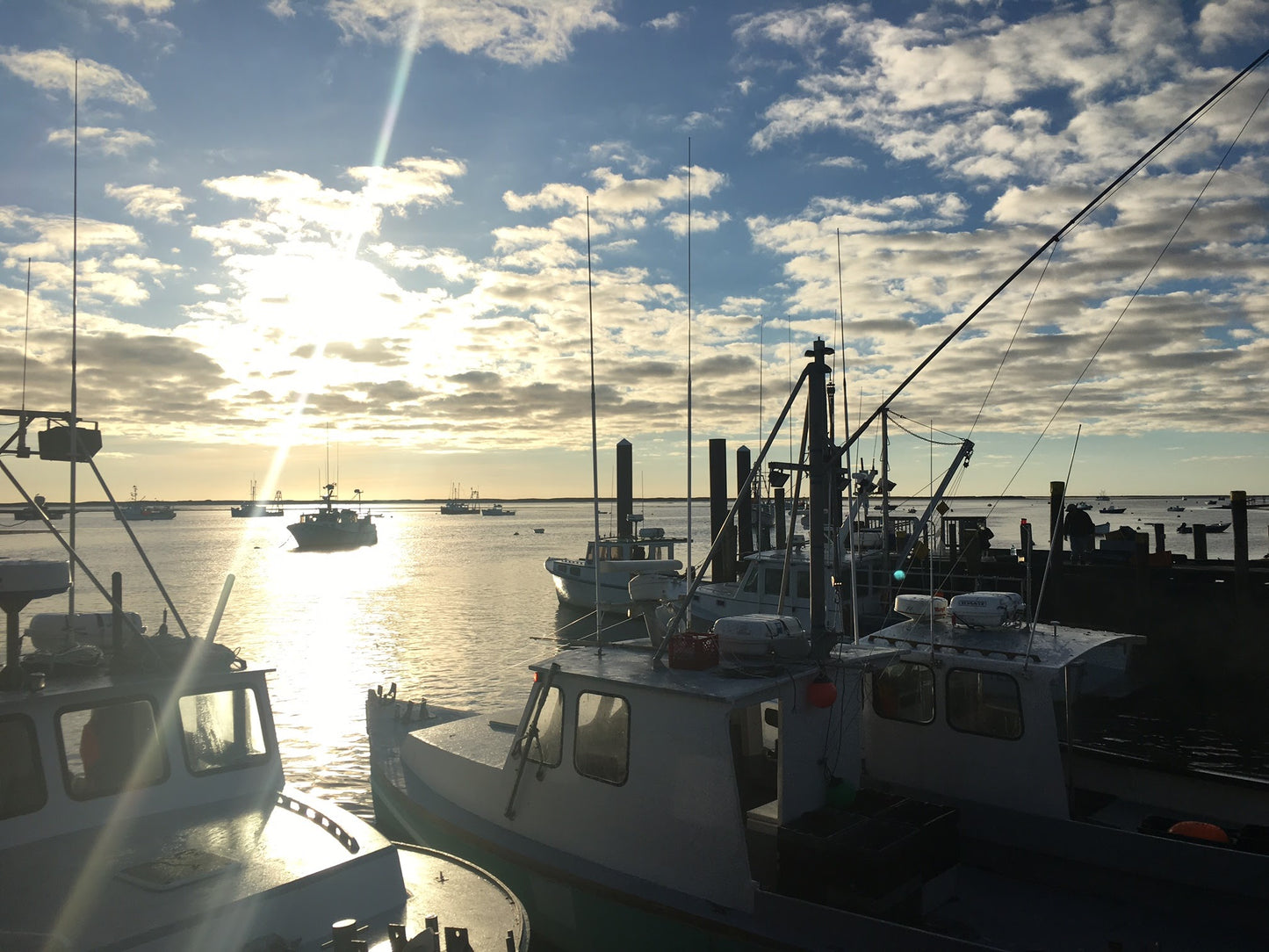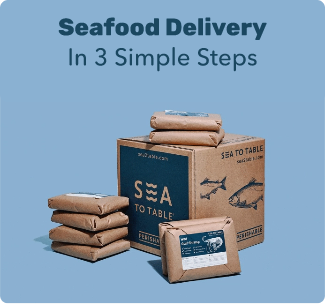
Sea to Table, the industry leader in wild-caught, sustainable seafood, is defending its reputation after being the subject of a questionable Associated Press article. “My father and I started this business with the belief that we could make a real change in how people thought about and purchased seafood. Since 2010 we’ve worked exclusively with US wild-caught fisheries and a US customer base to together create the national gold standard for the seafood supply chain,” said Sean Dimin, Founder of Sea to Table.
Sea to Table has long worked to bring transparency into the highly complex world of seafood logistics. The father/son team spent years travelling all around the US, meeting with fishermen and processors, proposing a new, more direct path to market, bringing greater accountability to a historically dubious industry. Sea to Table, a certified B-Corp, now works with more than 50 coastal businesses all across America, distributing only domestically-caught seafood processed in the US. The company has been recognized by numerous news outlets including New York Times, PBS and National Geographic as adding integrity to the complex seafood supply chain, a difficult and challenging mission. “We’re working to bring a culture change to an industry where a compromised supply chain has been accepted for decades. The AP’s reporting has damaged years of effort and takes away from the US fishermen and coastal businesses that desperately need and deserve our collective support. It’s a very unfortunate case of killing the good because everything is not yet perfect,” added Dimin.
As AP’s Reporting is Questioned, It Doubles Down
In efforts of transparency and prior to publishing their first article, AP reporters were invited to speak with employees who operate our supply chain, but ignored the invitation to meet. Further, the AP reporters were introduced to key suppliers and industry experts to provide third-party context as validation of Sea to Table’s work, and again, declined the invitations. Once presented with claims, AP reporters were provided documentation and commentary that challenged their allegations, none of which were taken into account.
Since the article’s publication, Sea to Table has been in touch with the AP editorial team, requesting a meeting to discuss their misleading claims. Dimin has also requested documentation related to DNA testing, which was described as “preliminary,” but on which rested a good portion of the article’s claims. The outreach was done in the spirit of honest reporting, and to provide a balanced view of the situation. Unfortunately, the company’s requests to meet and obtain documentation were flatly denied. The AP also confirmed they will be moving forward with a second article, having apparently spoken with disgruntled former employees.
“Small businesses like Sea to Table are not equipped to defend themselves against an international news organization like the Associated Press,” said Sean Dimin. “Sea to Table is a mission-based organization dedicated to bringing integrity and transparency to the seafood supply chain while celebrating America’s fishing culture. Our team is fully dedicated to this purpose. We are proud of who we are and are proud of our work.”
Many Sea to Table customers, fearing association with something controversial and more focused on the perception than the truth, have stopped working with the company. This has significantly impacted Sea to Table as well as dozens of fishermen and coastal businesses across the US.
Support of Sea to Table Offered Up to AP
Industry experts have since weighed in responding to the initial AP story:
“While at first the article appears to offer a well-thought out investigation into a subject that is worthwhile and important, it is intellectually dishonest and misleading,” said Dave Rudie, President of Catalina Offshore Products and Chair of the Highly Migratory Species subpanel for the Pacific Fishery Management Council. “The authors became sidetracked, villainizing Sea to Table and failing to show objectivity. I received a call from one of the AP reporters before the article went to press, but my comments were not included,” added Rudie.
“The sector needs companies like Sea to Table,” said Eddie Allison, PH.D. Professor of Marine and Environmental Affairs, School of Aquatic and Fisheries Sciences, University of Washington. “Yes, we should scrutinize them carefully and evaluate their claims, but I am not sure we gain anything if we chase out the most committed change agents by making a big case out of their small failings. There are bigger fish to fry.”
“In their quest to document seafood fraud and human rights abuse one has to wonder why the AP reporters have gone after a company that is trying to be among the best,” said Ray Hilborn, Professor at the School of Aquatic and Fishery Sciences, University of Washington. “Even if the majority of the AP accusations were true, Sea to Table would still be among the most reliable suppliers of fish to American markets. Sea to Table and other companies that try to link consumers to fish of known source are not ‘preying’ on consumers’ good intentions but attempting to further fisheries sustainability and good management practice.”
Building a Solution for Scale
There exists a small community within the seafood industry dedicated to reinventing the way Americans think about and gain access to high quality seafood. Community Supported Fisheries (CSF) are one model built upon the example of Community Supported Agriculture (CSA). Farmers markets, which aggregate the harvests of multiple producers within a self-imposed geographic limit, have become commonplace to give consumers access to local food. Sea to Table builds on this idea of a more direct connection with seafood, and faces the challenge of “local” not being as easily defined when it comes to seafood. Unlike domestically grown produce and meat, the US imports over 90 percent of seafood from international sources while exporting the majority of the fish harvested in US waters. “To us, local is domestic, and a vast improvement in the directness of readily available seafood. We connect what is sustainably caught with what consumers can purchase and eat,” said Dimin.
As Sea to Table grew, tackling larger-scale issues and building reliable and consistent access to sustainable seafood, there were growing pains. The business has been funded solely by the founders’ personal savings and has taken in no outside equity investment to date, borrowing money from a social finance lender who believes in the company’s mission. Like many food businesses, seafood works on razor thin margins with little room for error. Sea to Table has experienced many of the same issues as other disruptors championing a better way to improve old industry ways. “We feel the greatest asset to our business is to be open and transparent about our practices. There are specific opportunities for us to improve our systems and communication, and we will continue to do so, knowing that our work is making real positive change,” added Dimin.
Message to Sea to Table Customers
“Our goal is comprehensive traceability of wild seafood from capture to consumption, and we are working towards that goal,” said Dimin. “Sea to Table and its processes are not yet perfect but we stand committed to driving positive change. We are improving every day, but please put the AP’s reporting in context. Our job is not to fixate on the AP’s motives, rather it is to accept scrutiny and to continue working to bring the best, most sustainable, ethically-harvested and traceable seafood to American consumers.”
Please reach out to sean.dimin@sea2table.com with questions or thoughts.
← Older post Newer post →

